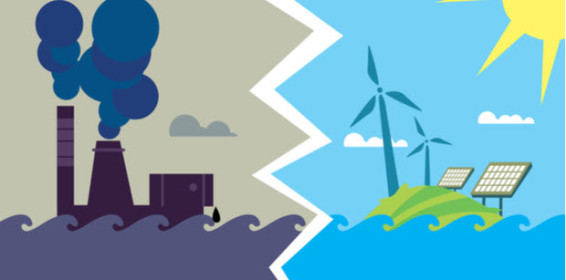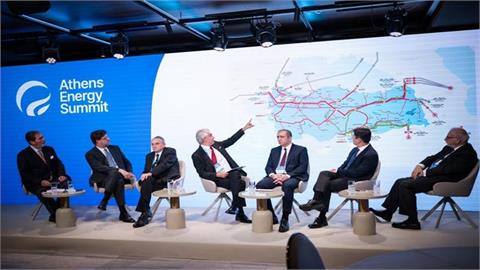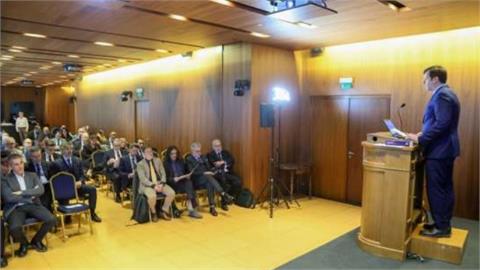At a time when the European Commission is setting new and more ambitious Climate targets, to reduce its greenhouse gas emissions by 55 percent from 1990 levels by 2030, most countries in the SE European area are still debating if and when they should give up coal use for power generation.
With the exception of Greece, which has embarked upon an aggressive decarbonisation plan, and Albania - which uses only hydro for it power generation - all other countries appear bent in prolonging thermal coal and lignite use. The reason being that solid fuels until recently provided the bulk of power generation across the region thanks to abundant deposits and relatively cheap open cast mining extraction.
With the arrival of expensive emission charges and stricter EU air quality rules and the push for greater RES use SE European countries are now under intense pressure to decarbonise. And although this may be achievable in the case of Greece, Bulgaria, Romania, Croatia and Slovenia as strict EU targets for 2030 already apply it looks almost impossible for the counties in the West Balkan region. Turkey, although quite advanced in terms of RES penetration and contribution to its energy mix, is a most challenging case because of the huge size of its economy, compared to the rest of the SEE countries, and the substantial investment in solid fuel use. However, targets may still be achieved thanks to the coming of nuclear power from 2023 onwards.
In its latest monthly analysis (which you can see here) IENE discusses how effectively EU decarbonisation and clean energy policies can be applied in SE Europe and what are the real challenges ahead. As the IENE Analysis points out there is a need for the transformation of existing and highly polluting energy systems employed across SEE, into sustainable ones to be achieved through localized policies and differentiated energy sources aiming towards higher energy efficiency and greater RES penetration. Energy cooperation between the various countries in the region is of paramount importance and necessary in order to introduce lasting changes aiming towards sustainability. Hydrogen produced from renewables, among others, could play a decisive role in achieving such sustainability and should be examined in great detail for each different country of the region.
However, energy sector regulations in the region have historically been favourable to fossil fuels, even providing subsidies to assist their deployment. Reversing such customary attitudes and line of thinking and creating favourable regulatory and licensing framework for RES require drastic reforms, some of which are already underway (e.g. Greece’s aggressive decarbonization programme). International agreements, such as the Energy Community Treaty, the EU Renewable Energy Directives and the Paris Agreement, have provided some stimulus by emphasising decarbonisation of the energy sector and larger RES deployment.
The combination of high RES potential, decreasing renewable energy costs and new policies and regulations in the energy sector makes SE Europe ideal for large-scale RES deployment. However, sound policies rooted in the recognition of the socio-economic impact of the energy sector are needed to fully achieve energy transition in the region.




